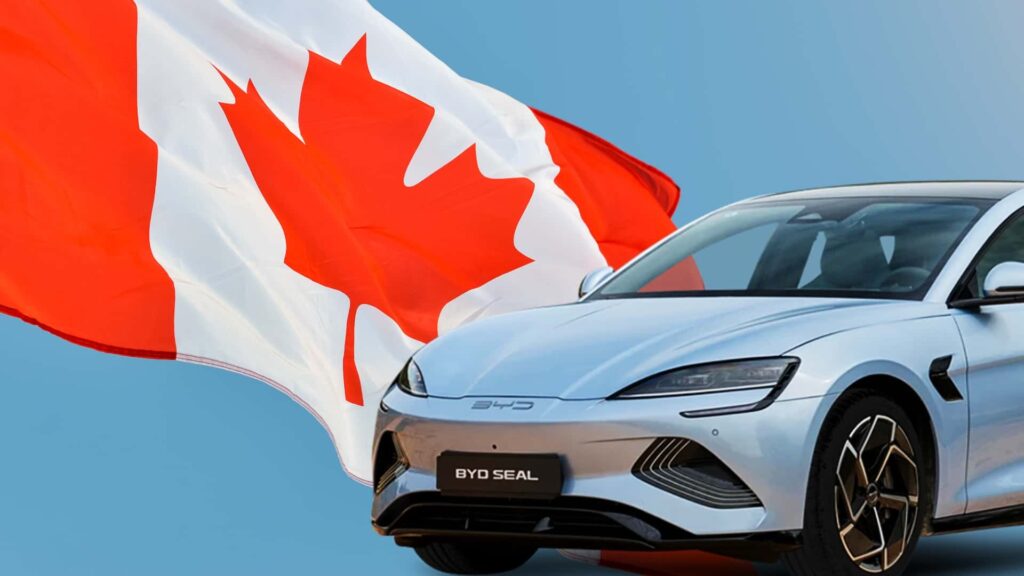The strained relationship between the U.S. and Canada has reached a critical point, with tariffs and trade wars looming large. The Trump Administration’s imposition of a 25% tariff on Canadian-made cars has put pressure on the automotive industry in both countries. However, Canada’s retaliatory 100% tariff on Chinese-made EVs has sparked a new debate about the country’s potential pivot towards the Chinese EV sector.
While the idea of embracing Chinese cars may seem like a strategic move for Canada, the implications for its own industries could be significant. Robert Karwel, Director of Customer Success Data & Analytics Division at J.D. Power Canada, believes that while tempting, embracing Chinese EVs may not be in Canada’s best interest in the long run. Canada has made substantial investments in EV production facilities with companies like Stellantis, LG Chem, Volkswagen, General Motors, Ford, and Northvolt. Turning to Chinese cars could undermine these investments and disrupt the existing supply chain.
Although Chinese EVs offer affordability and variety, they may not align with Canada’s automotive industry and production goals. The Canadian market predominantly favors smaller and cheaper cars, making Chinese EVs a potential fit. However, the automotive industry in Canada is closely intertwined with the U.S., with Canadian-made cars comprising a small percentage of the U.S. market.
The ongoing trade tensions and tariffs between the U.S. and Canada have added complexity to the situation. The Trump Administration’s tariff exemptions for certain car manufacturers, while excluding others, have further muddied the waters. The threat of increased tariffs and the changing political landscape in both countries have created uncertainty for the future of the automotive industry.
As Canada grapples with the decision of whether to embrace Chinese EVs, the need for a balanced approach that considers the interests of both countries and the automotive industry is paramount. While the allure of cheap Chinese cars may be strong, the long-term implications for Canada’s automotive sector must be carefully weighed. Ultimately, the decision to pivot towards the Chinese EV sector will require a delicate balance of economic, political, and strategic considerations.

